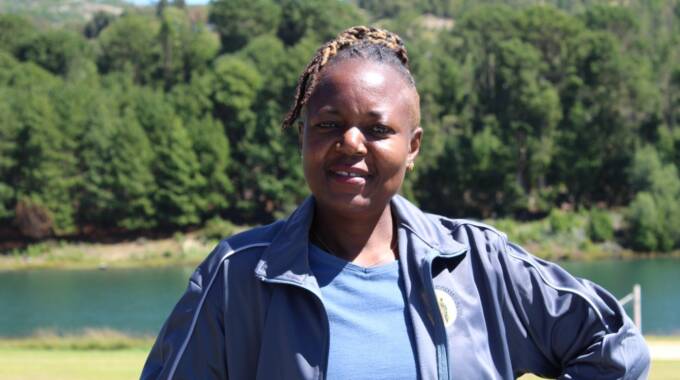
The Sunday Mail

THE media is not a platform for people to misuse and abuse to settle personal scores.
Miriam Tose Majome
Last week, there was a video clip that circulated on social media featuring a young woman brazenly accusing her relatives of witchcraft and casting evil spells on her family.
She is totally oblivious that she is committing serious crimes, in breach of various laws that can lead to her arrest or lawsuits.
She may well have proof and just cause for her grievances, but the media is not the right platform to ventilate them.
She is just one of many examples of people who criminally abuse social media.
It is common for aggrieved people to take to social media to wash dirty linen in public to exact revenge.
It is very common for people to take to social media to accuse others of being witches, thieves, murderers, husband snatchers or kidnappers.
Accused persons are not given a chance to defend themselves and negative inferences are attached to them without affording them the opportunity to tell their side of the story.
The right of reply is sacrosanct in both the law and journalism for very good reasons.
Practices associated with witchcraft
In general, a good number of people in this country are deeply superstitious.
They deeply believe in the supernatural phenomenon.
However irrational the beliefs may be, some people will argue for their right to be as superstitious as they want.
Witchcraft, witch-hunting and related crimes are provided for in the country’s laws.
However, the law is silent on debate about the existence of witchcraft. It does not have an opinion on whether or not it is real and neither admits nor denies the existence of witches and witchcraft.
Rather, it recognises and acknowledges practices that are commonly associated with witchcraft, and that is enough.
If it is proved that any practices were engaged in for the purposes of witchcraft, they are deemed to be criminal.
Beliefs or outcomes of the practices are not important.
For instance, if someone is found naked at 3am outside someone’s house, this does not prove the existence of witchcraft, but the person is liable for prosecution for engaging in practices that are commonly associated with witchcraft.
Conviction warrants up to five years in prison.
Prohibition against accusations
The prohibition against witch-hunting and making witchcraft accusations is what many people struggle with.
They mistake the prohibition as denial by the law of the existence of witchcraft.
However, the law is not interested in that debate.
It is only interested in maintaining justice and social order.
Without this prohibition, there would be total chaos as people would go around witch-hunting and accusing anyone they want to of being a witch.
Such a situation would create indescribable social turmoil in this highly gullible and superstitious society.
Zimbabwean society is at risk of receding into high-level medieval superstitiousness, in tandem with the rise in shadowy religious sects and cults.
The Salem witch trials
These were a series of long trials of alleged witches in Massachusetts, the United States, in the 17th century.
Most of the accused witches were women blamed for causing illnesses in the community.
Once a person was accused of witchcraft, there was no evidence that could be adduced to prove their innocence.
The accusation itself was enough to convict them.
Anything at all could trigger accusations of witchcraft — from beauty, ugliness, crooked fingers, poverty, to wealth.
Sometimes, even just a dream was enough “proof”, just like the case of the woman in the aforementioned video clip.
Attempting to defend someone against an allegation could also easily spawn an accusation against the defender.
Accused persons were almost always found guilty and brutally executed by public stoning or burning.
The Salem witch trial executions were stopped after institution of decisive laws and penalties by the authorities.
Serious consequences such as loss of life can result if the law does not prohibit people from making ungrounded and damaging witchcraft allegations against others.
Superstition only breeds underdevelopment, and social media is helping Zimbabwean society to return to medieval beliefs.
Miriam Tose Majome is a commissioner at the Zimbabwe Media Commission.



